Being the child of a dictator is always a precarious position. This was definitely the case for Svetlana Alliluyeva who, on March 6, 1967, defected to the United States.
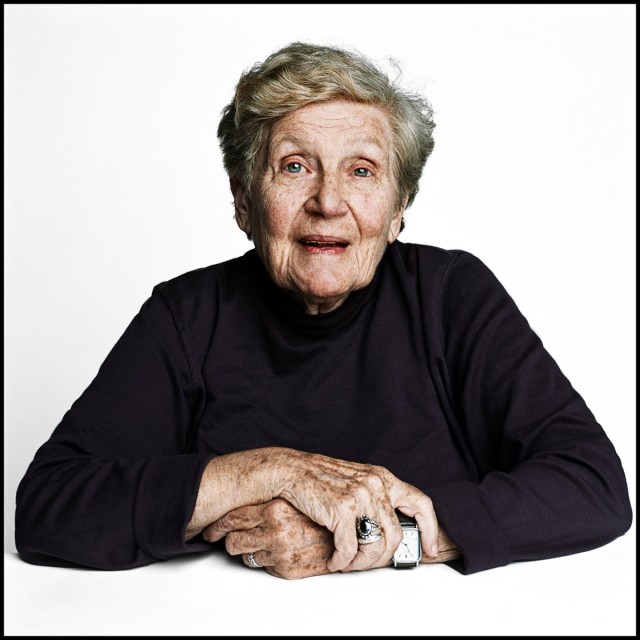
Svetlana’s childhood, much like adulthood, was full of contradictions. Born as Svetlana Stalina on February 28, 1926, she was Joseph Stalin’s only daughter and his last surviving child. When Stalin died in 1953, Svetlana took her mother’s last name, Alliluyeva.
As Stalin’s beloved daughter, he called her his “little sparrow” and treated her extremely well. In fact, even if it was only child’s play, she was the only person that Stalin took orders from. Svetlana was, in many ways, the Russian equivalent of America’s Shirley Temple. Hers was a household name and she was known throughout the USSR. But all was not well in the Stalin’s home.
When Svetlana’s mother, Nadezhda Alliluyeva, died in 1932, she was told that it was due to appendicitis. Years later, Svetlana found out that her mother had committed suicide.
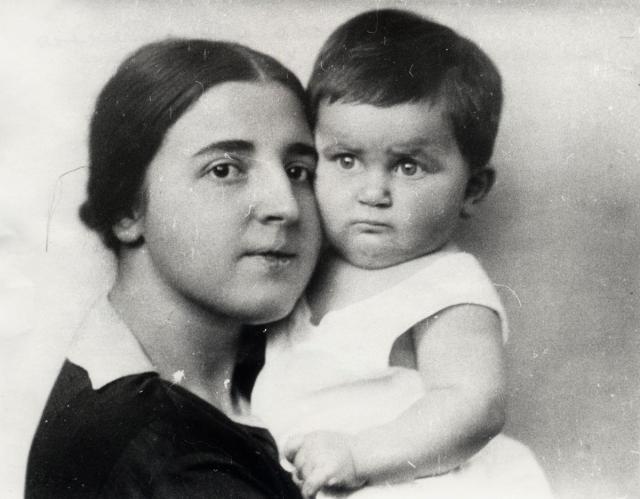
As war with Germany was excelling, Stalin became increasingly distant and abusive toward his family. His abuse and disregard for his family was no more evident than when his son, Yakov, was captured by the Nazis. The Germans wanted to exchange one of their generals for Yakov. Stalin refused, and Yakov was executed.
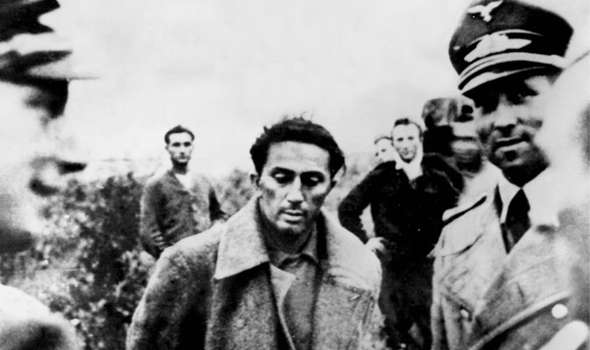
When Svetlana graduated from high school, she fell in love with a Jewish filmmaker, who her father despised and had sent to Siberia for 10 years. Academically, she wanted to study literature, but Stalin made her study history. She continued to follow her father’s orders by becoming a teacher. After she broke off a relationship, Svetlana again wanted to marry a Jewish man, Grigory Morozov.

Stalin, again, was against this marriage. He proceeded to slap her and refused to meet Morozov. However, they would marry in 1945. Before they divorced in 1947, Svetlana gave birth to a son, Iosif.
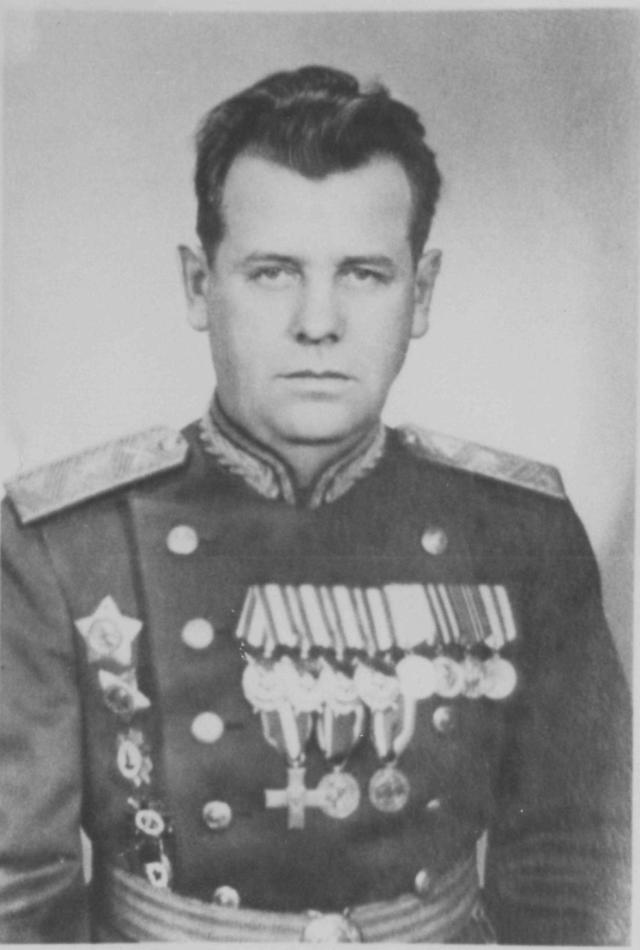
Svetlana would marry, in 1949, a man Stalin approved, Yuri Zhdanov. Yuri was the son of Stalin’s right-hand man, Andrei Zhdanov. This marriage, too, would end in divorce. But not before a daughter, Yekaterina, was born.

Andrei Zhdanov
Even at this time, Stalin was still exerting great control and dominance over his daughter. On the night of their wedding, Nikita Khrushchev, who would later lead the Communist Party, saw Stalin grab Svetlana by the hair and drag her to the dance floor.
When Stalin died in 1953, his “cult of personality” was challenged. Those who were relatives or confidantes of Stalin were persecuted. Svetlana could not escape it. The Communist Party restricted her movements and even prevented her marrying an Indian Communist, Brijesh Singh.
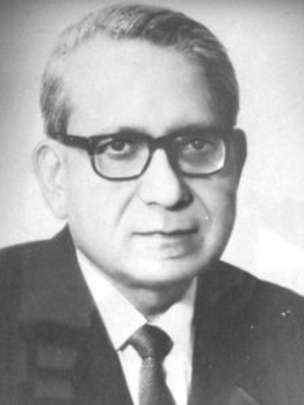
They only let up after he died. At which point they permitted her to return his ashes to India.
When Svetlana, now going by her mother’s last name, Alliluyeva, was in India, she successfully hid from KGB agents and sought asylum in the US Embassy. The Embassy accepted her as an asylum seeker, and she became the most high profile defector since Rudolph Nureyev in 1961.

By 1967, US-Russian relations were improving. As a result, Lyndon B. Johnson was nervous about officially accepting Svetlana into the United States. She was temporarily settled in Switzerland until a decision could be made. Finally, on the basis of humanitarianism, Svetlana was admitted to the United States, but with Johnson requesting as little fanfare as possible. In 1992, it was later found that KGB agents had plans to assassinate her. They decided against it, as they believed it would be too easily traced back to them.
When she arrived in New York City, in 1967, there was a sense of triumph in the air. She gave an impromptu news conference denouncing the Soviet regime. Within two years of her arrival in the United States, she had written two memoirs and gained $2.5 million. Additionally, she made a showing of burning her Soviet passport and called her father “a moral and spiritual monster.” She also stated that the Soviet Union was “profoundly corrupt” and that the KGB was the equivalent of the Gestapo. It would become painfully obvious, for the Soviets, just how dangerous Svetlana was for them. She was essentially used as a prop of the United States and other democracies to decry the evils of Communism. But she happily acquiesced.
Despite having escaped the horrors of the Soviet Union, Svetlana had to contend with great sadness. She missed her son, Iosif, and daughter, Yekaterina. She did, though, find renewed happiness in her marriage with William Wesley Peters.
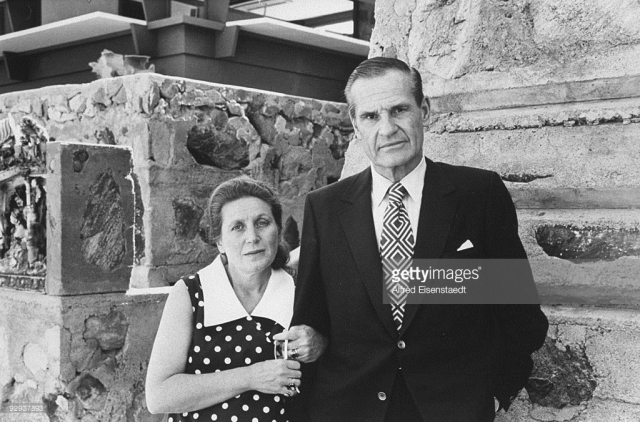
Much like Svetlana’s previous marriages, this one did not last more than two years. Svetlana, now Svetlana Peters, would be granted custody of their 8-month old daughter, Olga. It was at this time that Svetlana increasingly started to second-guess her decisions. She regretted what she had said about her father and, seemingly, wanted to atone for her perceived sins.
Her decision to reconcile her history with Stalin may have been more a desire to reconnect with her children, rather than apologize for her actions. As the Soviet Union was starting to implode, around 1983, the Soviet government loosened their grip on Svetlana and she got back in touch with her son. Iosif had promised to visit his mother, now living in England, but the Soviet government denied his application to travel. Visibly and emotionally distressed by these events, Svetlana traveled to Moscow with Olga. In an almost Manchurian Candidate reversal, Svetlana, now Lana Peters, denounced the United States and the West, telling an ABC correspondent “You are savages! You are uncivilized people! Goodbye to you all.”
Their lives in Russia, Lana’s and Olga’s, were not what they had expected, and a few years later they would return to the United States. To save face, Lana claimed that her words spoken against the United States and the West had been mistranslated.
Similar to her marriages, when she moved back to the US, Lana never stayed in one place for more than two years. Lana passed away on November 27, 2011, at a nursing home in Richland Center, Wisconsin.
Returning to my statement at the beginning of this entry — how children of dictators never have an easy life. In an interview in 2010, Lana was asked if she thought her father loved her, she said that she believed so because of her red hair and freckles, which were reminiscent of her mother. But in that same breath, she could not deny how Stalin had destroyed her life. In one of the most telling and painfully truthful comments, Lana said: “Wherever I go, here, or Switzerland, or India, or wherever. Australia. Some island. I will always be a political prisoner of my father’s name.”
As we watch dictators and right-wing fascists coming to power throughout the world, it is time to step back and remember that we are not far removed from the horrors of the past. The Soviet Union only collapsed in 1991. Though, I would argue, with Putin, Russia is returning to totalitarianism. Further, North Korea, China, and several other countries, continue to be guilty of humanitarian abuses. This is why the study of history is so important to me and many others. We see history repeating itself daily and we feel impotent to prevent it. We need to stand up for what is right and good in this world. I do believe we can prevent another Holocaust, Nazi Germany, and Communist Russia, but we need to come together and understand that our collective and interconnected histories are stronger than dictators.
In peace,
PH